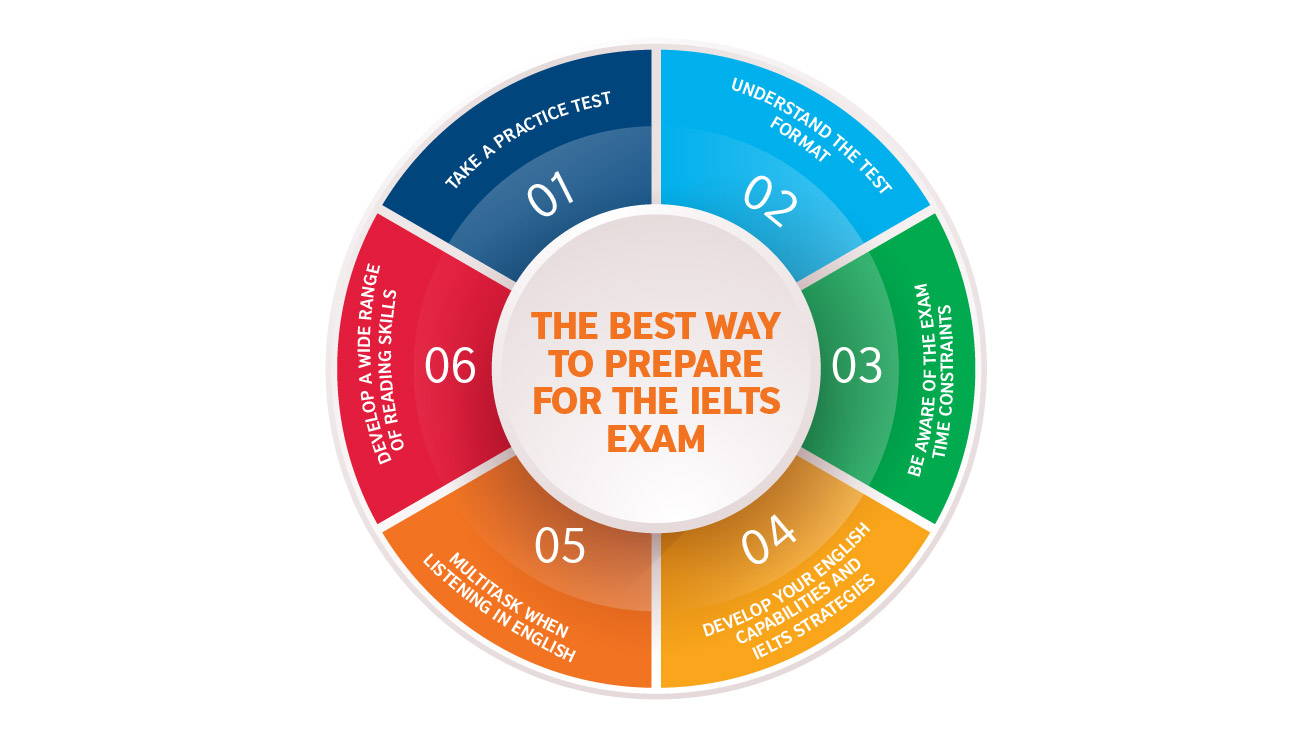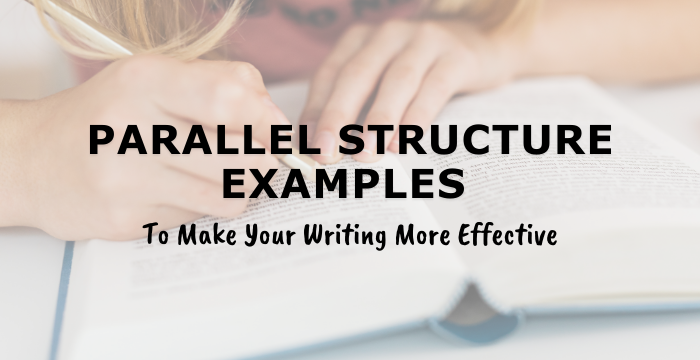
What is IELTS?
IELTS is considered the first step for completing international study for a student. IELTS is considered the entry ticket for participating in different types of examinations worldwide. International English Language Testing System or IELTS is the process of testing the English speaking ability of non-students from non-English speaking languages willing to work or study in English-speaking countries around the world. IELTS is accepted by almost every university, immigration authority and company in English-speaking countries. The test helps evaluate four specific language skills: writing, reading, listening and speaking. IELTS is considered in two specific formats, namely general training and academic training. General training is required by the candidates willing to work in English-speaking countries.
On the other hand, academic training is required by the students willing to study in foreign universities in English-speaking countries. The students are provided scores on a scale of 0-9. Each segment is provided with a separate score, and the total score obtained by the student is measured by taking the average of all four segments.
The following article will help provide a detailed roadmap for the students to prepare for IELTS and will help the students in scoring top-quality scores in the exams.

Structure of IELTS
Understanding the structure of the examination is the first step in scoring a high-quality IELTS score in the exams. As anything new and unknown results in increasing anxiety, knowing the structure and being familiar with the structure of the exam is very helpful in motivating the students and helping them score high-quality marks in the IELTS.
The listening exam in IELTS is the first and foremost exam for the student. The reading test follows it, and, finally, the writing test. The seeking test is generally taken seven days before or after any section.
The listening test consists of four different segments, which include 40 questions in total. The candidate must answer at least ten questions after listening to the four different recordings of four English speakers. The students are given 30 minutes for this section, including 10 minutes for writing the answers in the answer sheets.
The reading section of IELTS consists of three segments with 40 questions. Passages are provided to the students, and responses are required for the questions. Sixty minutes are provided for the students to complete the reading section during the exam.
The writing segment in the IELTS consists of two different tasks. In Task 1, students should describe a graph, chart or diagram. In task 2, students must write an essay on any given topic. Sixty minutes are allotted to the students for completing Task 1 and Task 2 during the exam.
The speaking section in the IELTS consists of a face-to-face interview with the examiner. The segment consists of three steps: an interview, a shirt, and a discussion. The students will have 10 minutes to conclude the discussion part during the speaking test.
IELTS exam tips
With proper practice, IELTS can be more accessible for students. However, there are some essential tips which students can use to score a high percentage during the exams.
IELTS listening exam tips
- It is essential to check that the headphones are in working condition. In case it is not working, immediately raise your hands.
- The time provided should be used for reading the questions thoroughly and preparing the answers for the questions before the beginning of the exam.
- It is also vital to listen to the recording attentively and focus more on the answers given in the recording.
- Making notes during listening can be very helpful during the listening test in IELTS exams.
- Recheck the paper for any types of grammar and spelling errors before the final submission of the exam.
- It is advisable to use capital letters when answering questions in the exam.
IELTS reading exam tips
- The students should be conscientious regarding every detail in the paper, such as figures, images, and graphs. This helps in the identification of essential points in the answer.
- If the students need help understanding any question in the paper, it is better to move to the next rather than wasting time on the same question.
- Moreover, the students should refrain from writing on the question paper provided as there is no extra time for the students to transfer the exam to the answer sheet.
- Moreover, it is also essential to focus on the answer to the question when reading the passage, saving students time during the exam.
- The students need to provide precise and grammatically correct answers during the exam. Proofreading the answer sheet before the final submission is very much essential.
- It is also beneficial to use all capital letters when writing the answer in the exam.
During the Academic and general training tests, the texts are more difficult to understand and more challenging for the students when compared to the general training exam.
IELTS Writing test tips
- The students must perform a detailed analysis of tasks provided to the students and start preparing the answers for the answers quickly.
- Time management is instrumental during the exams for the students. The students should provide 20 minutes for task 1 and 40 minutes for task 2 as it is longer than task 1.
- To score more marks in the exam, it is advisable that the students write around 150 words for task 1 and 250 words for task 2.
- It is also crucial that the students should refrain from repeating the ideas, words and phrases in the writing very frequently.
- Providing a conclusion for Task 2 is essential for scoring high numbers in the IELTS writing test.
- Precise and short answers are to be provided for the questions in the exam. Avoiding long paragraphs is beneficial for students.
- The use of active voice is necessary when writing the answers in IELTS.
- Proofread the answer sheet before the final submission.
IELTS Speaking exam tips
- Always speak clearly and fluently during the exam.
- Carefully listen to the questions asked and provide direct answers.
- Be confident and provide only relevant information when answering the questions during the exam.


